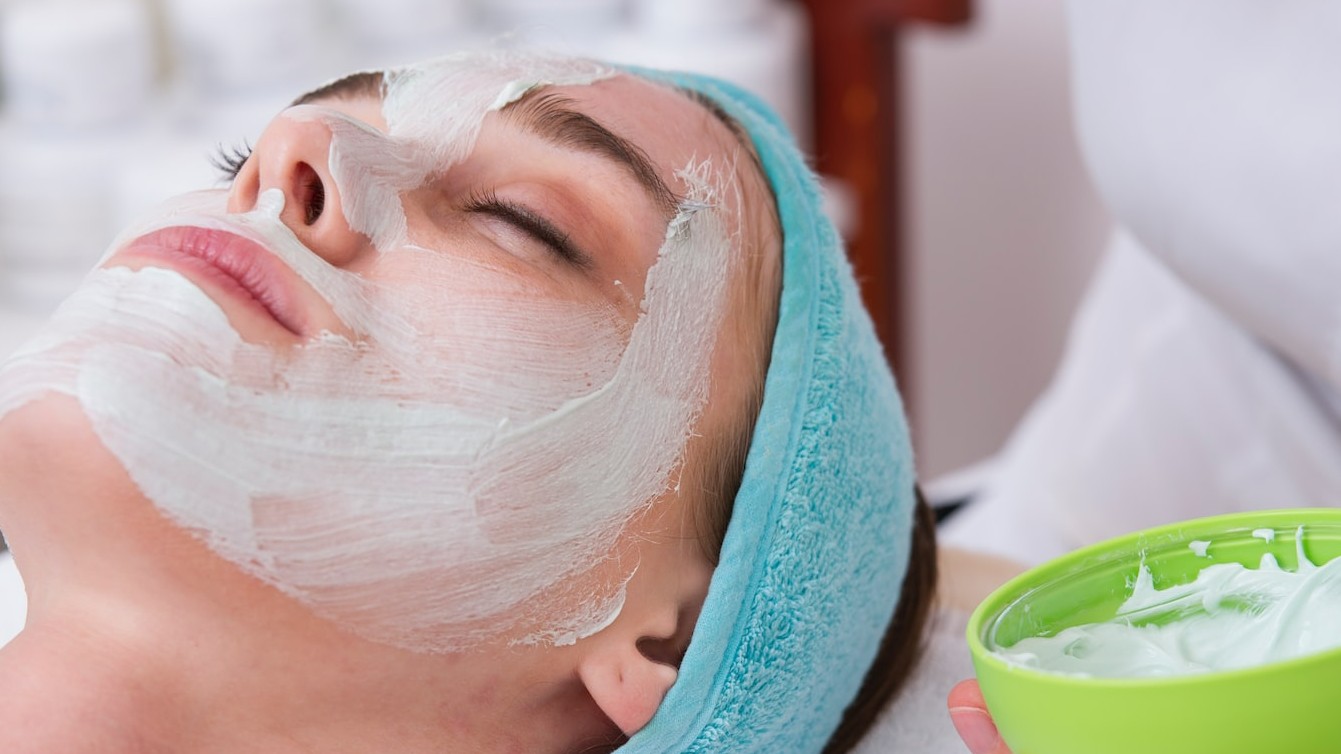Formulate user Alexis wants to know about medical facials.
I watch a lot of Real Housewives, and those ladies are always going to get some sort of facial treatment from a fancy-pants dermatologist. Not just all the botox and fillers, but also all the stuff like microneedling and chemical peels. Some light Googling has led me to realize that what they go for is called a medical facial and that it's actually very common. I'm shocked that I've never heard of it until now. I sometimes treat myself to an over the counter facial or a facial at a spa, but I've never gotten one from a dermatologist's office. So what actually is the difference between a medical facial and a not medical facial? And is this a thing where, like botox, I'll have to keep repeating it? How effective are medical facials, are they worth the cost? Like I'm sure I wouldn't go to a Real Housewives priced place, but it'd be good to know if this is something that's going to cost a ton of money. Thanks in advance!
Thanks for writing, Alexis! To answer your questions, we spoke with dermatologists Dr. Kate Dee and Dr. Alpana Mohta. Dr. Dee is the founder of Med Spa Seattle and Dr. Mohta is the medical advisor for Better Goods.
What is a medical facial?
Dr. Mohta: A medical facial is a type of facial that is administered by a licensed medical professional, such as a dermatologist or plastic surgeon. Medical facials are generally more aggressive and have more potent ingredients than traditional over-the-counter facial products.
Dr. Dee: All products utilized are medical grade- meaning the concentration of active ingredients is higher than in products sold over the counter. Most of what we do in a medical facial has an actual medical purpose, as opposed to a spa facial which is oriented towards a pleasurable experience. Each step accomplishes something for your skin.
What is the purpose of a medical facial?
Dr. Mohta: The purpose of a medical facial is to address specific skin concerns, such as acne, fine lines and wrinkles, hyperpigmentation, and rosacea. Medical facials can also be used as a preventative measure to slow the signs of aging and protect the skin from damage.
Unlike spa facials, medical facials are tailored to the needs of every individual patient. Depending upon your concerns, your dermatologist might do a combination of chemical peels (with different concentrations of AHAs, BHAs, and retinoids) along with microdermabrasion or microneedling.
What happens during a medical facial?
Dr. Dee: A medical facial can include a thorough skin assessment, skin cleansing, steam, extractions of clogged pores, microdermabrasion or dermaplaning (exfoliation), light chemical peels, LED light treatment, topical serums specific to the skin type and issues, and/or a head/neck/shoulder massage.
How often should you get a medical facial?
Dr. Dee: We recommend having a medical facial at least once every 2-3 months. A medical facial is not mandatory- you can accomplish a lot with excellent medical-grade skin care at home, but medical facials help immensely in keeping up the results and treating hard to deal with issues like sun damage, melasma and acne.
Dr. Mohta: The frequency of medical facials depends on the individual's skin concerns and needs. For example, someone with acne may benefit from more frequent treatments, while someone with sun damage may only need a few treatments per year. It is important to discuss your specific skin concerns and goals with a licensed medical professional in order to determine how often you should get a medical facial.
How much does a medical facial generally cost?
Dr. Dee: Medical facials can cost anywhere from $150 to $400 depending on location. At Glow Medispa our medical facial is one hour and $175.
Dr. Mohta: The cost of a medical facial can vary depending on the location, provider, and type of facial being administered. In general, medical facials tend to be more expensive than traditional over-the-counter facial treatments. Medical facials can provide long-lasting results that improve the overall appearance and health of the skin. And since you are being treated by a certified dermatologist, medical facials also have a better safety profile than over-the-counter facials.
How long do you see the effects of a medical facial?
Dr. Mohta: The effects of a medical facial can vary depending on the individual's skin type and condition. However, many people see noticeable results after just one treatment. The effects of a medical facial typically last for several weeks or months, and some people may need to have additional treatments to maintain their results.
Dr. Dee: That is very variable- this highly depends on how well you care for your skin at home and what other kinds of skin treatments you pursue. With a really great at-home daily routine, medical facial results can last 1-3 months.
Wanna learn more about the world of skin and hair care? Here's your next read:
Frizzy Curly Hair Care 101
How to defrizz your curls and get 'em back into shape!
Hot Rollers Vs. Curling Irons
What's the difference between hot rollers and curling irons?
Difference Between a Mole and a Freckle
What's the difference between a mole and a freckle?
Moisturizer vs Lotion: What's the difference?
Can you use body lotion on your face?
Tips For Washing Hair In Hard Water
This is your guide to washing your hair in hard water
Minimalist Hair
Welcome to the wonderful world of minimalist hair
Type of Combs: Materials and Shapes
Your complete guide to picking out a comb


